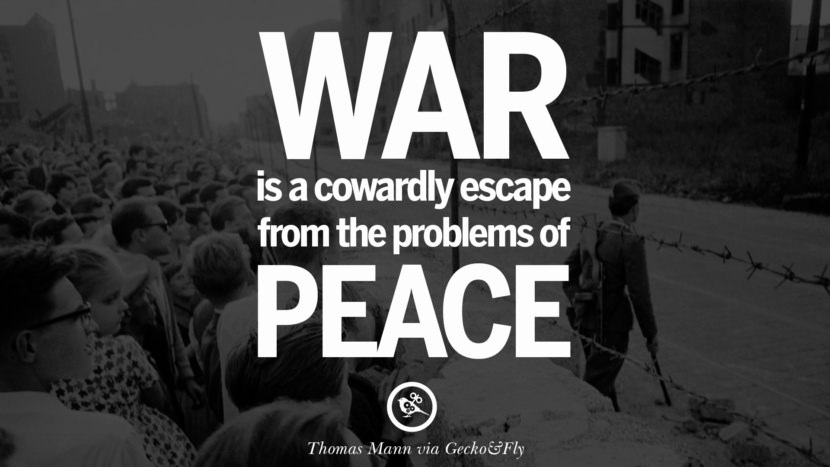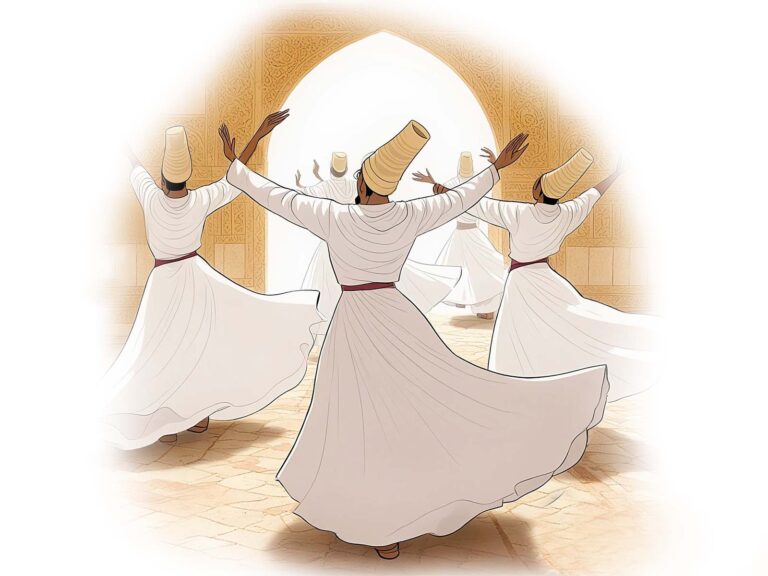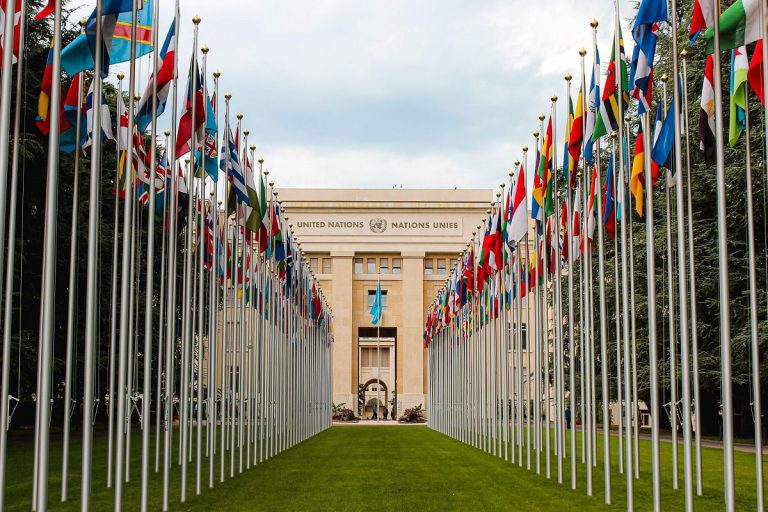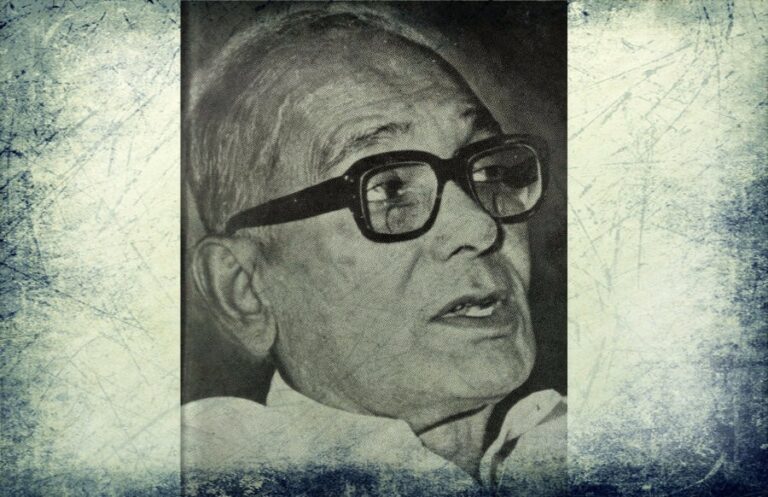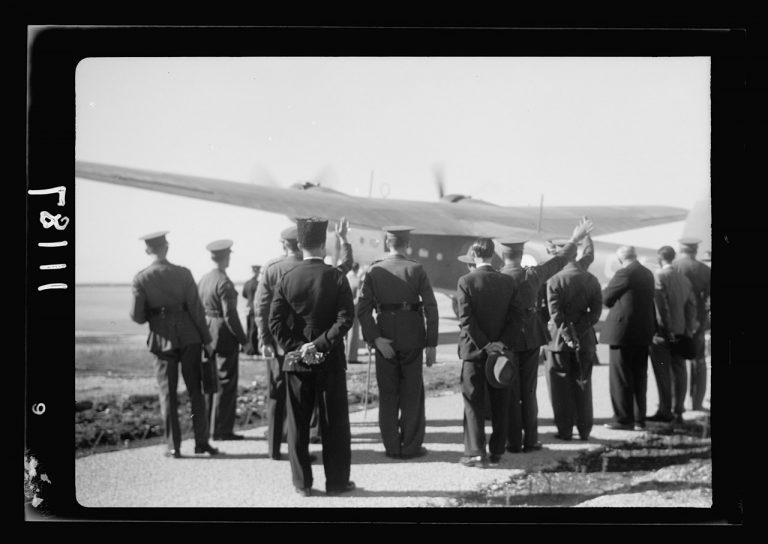The psychology of war: An insight into World War 2
What is it that drives a human being to wage war on his fellow? Why throughout history has there been a plethora of conflicts over a variety of issues, be it land, religion, genocide? These are some questions that require an examination since the world today has mostly been shaped by the conflicts of the past.
In this article, we take the example of the greatest conflict in the history of mankind, The Second World War, fought between 1939 to 1945, or that’s what our history books tell us (not that they are wrong, but there is more to the story as we shall see as we go ahead).
The root of the Second World War (henceforth mentioned merely as ‘the War’) lies in its predecessor, World War 1, commonly referred to as the Great War. The conflict involved Germany, Austria-Hungary, the Ottoman Empire (the Central Powers) on one side, and Britain, France, America, Japan (the Allied Powers) on the other. Upon its conclusion in 1918, the Allied were victorious and blamed Germany as the main instigator of the war. This was mainly because France wanted to exact revenge from the Germans for the bitter defeat she faced at the hands of Germany in the Franco-Prussian war of 1870 (The reader should notice how each war is somehow connected to a war before it). This resulted in the Treaty of Versailles, which reduced Germany to a second rate power in Europe, both economically and militarily.
The stage was now set for an uprising in Germany. There was widespread poverty, and it seemed society, in general, had lost pride in their country. But then comes along Adolf Hitler, one of the most famous and notorious men in history. He promises the public to restore German glory and offers the Jews as a scapegoat for all misery. One must understand that Hitler was one of the millions of men who had fought for Deutschland in the Great War, and he was extremely agitated on learning that Germany had surrendered. To him, and many around him, another War was necessary to do away with the wrong that had happened.
The Nazi party, under the leadership of Hitler, stormed to power in 1933, banned all its oppositions, and passed laws to classify the Jews as second class citizens. At the same time, it ignored the humiliating Versailles treaty. It rebuilt its armed forces to the degree that by the start of 1939, it had the most potent military power in Europe.
It was a sense of personal pride for the german people who were on the line. War was seen as a means to an end, an end which saw the Fatherland back at the helm of Europe. An intense propaganda campaign was carried out to garner support among the masses for a war effort, which now seemed imminent.
The war finally began on September 1, 1939, when Germany invaded Poland. The history behind this is Germany accused Poland of killing its soldiers at an outpost near the border. Still, an investigation revealed that the Germans killed some of their own soldiers while dressed in Polish uniforms, thereby creating a pre-text of going to war with the Poles. This goes to show how the German leadership was itching to get its hands in Poland. After Poland fell, Hitler set his eyes on the prize he had been looking for, France. In May 1940, Hitler ordered his army to march into France, and within one month (yes, you read that right), Germany brought France to its knees.
What followed was simply ironic. Hitler asked the French to surrender in the same exact rail cart where the Germans had surrendered 22 years ago at the end of the Great War. This was the symbolism that Hitler had always wanted. This was the symbolism that was supposed to restore German pride and right the wrongs that had happened in the past. This was the symbolism of German superiority over the French. This was the symbolism this war was for.
After beating the French, Hitler did try to bomb Britain into submission, but his mighty air force could not defeat the British Royal Air Force. What also must be kept in mind is that all this time, the United States had an isolationist policy. They simply didn’t want to send their sons and kids to fight a war in Europe, and to be honest, one cannot blame them. Bertrand Russell, a westerner philosopher, had once said, “War doesn’t decide who is right, but who is left.” But the then President of the US, Franklin Roosevelt did know that if the Nazi’s weren’t contained and if Britain did fall, sooner or later, they will have to fight them anyways.
Another interesting aspect of why a country wages war is by looking at the Soviet Union and Imperial Japan. Both countries had expansionist ideals, Japan more so than USSR. Mainland Japan did not have any natural resources. With the blockade imposed upon them by the Western powers, they had no option, more so than ever, to turn to war!
And no one fought with the ruthlessness and sheer self-sacrificial nature as the Japanese. They considered their Emperor as a divine incarnation and thus to protect him and Japan, and to further its interest came above everything. Eventually, Japan did suffer arguably the most devastating attacks on its mainland with the advent of the atomic age.
It is interesting how war acts as the ultimate catalyst for innovation. Just imagine, had there been no World War 2, there is quite a possibility that we might have never seen the atomic era at all!
Coming back to the European theatre, it came down to an ideological battle. Hitler, in his book Mein Kampf, had written how he considered Slav-Bolsheviks as sub-humans and that Russia would provide Lebensraum(free living space) for his new Aryan race. He went into a titanic struggle with Joseph Stalin’s USSR and fought some of the most gruesome battles in history (including the Battle at Stalingrad, resulting in the death of nearly 2 million combatants). Having waged war on two fronts, Hitler’s army finally succumbed, and Germany surrendered in May 1945, with the Fuhrer Adolf Hitler allegedly having killed himself in his bunker. At this point, another powerful quote comes to mind, “In war, the only true equalizer is death” (Battlefield 1, yes, I actually quoted a video game!).
As mentioned before, the US dropped two atomic bombs on Japan before the end of the war. But we would be naive to think everything was fine after this. As I had written before, each war can be traced to some other war in the past. Accordingly, WW2 led to the Cold War between two new superpowers on the world front, the US and the USSR, but that will be a topic of discussion for some other day.
All in all, we see how different nations had different motives to go to war with one another. Somewhere around 80-100 million people died in the war; it is difficult to comprehend how many dreams, aspirations, and visions killed with them. But as we look around us today, with the rapid rate of technological advancement and a sense of responsibility in all major powers on Earth, can we ask ourselves: Are we better off and more mature as a civilization because of the lessons and horrors of the war? Has the Holocaust made us appreciate the worth of human life even more than before, made us more sensitized to racial and religious discrimination?
These are questions that do not have a straight or straightforward answer. Still, it is our responsibility as thinkers and responsible citizens to pursue it nonetheless.
Featured image credits: Thomas Mann


